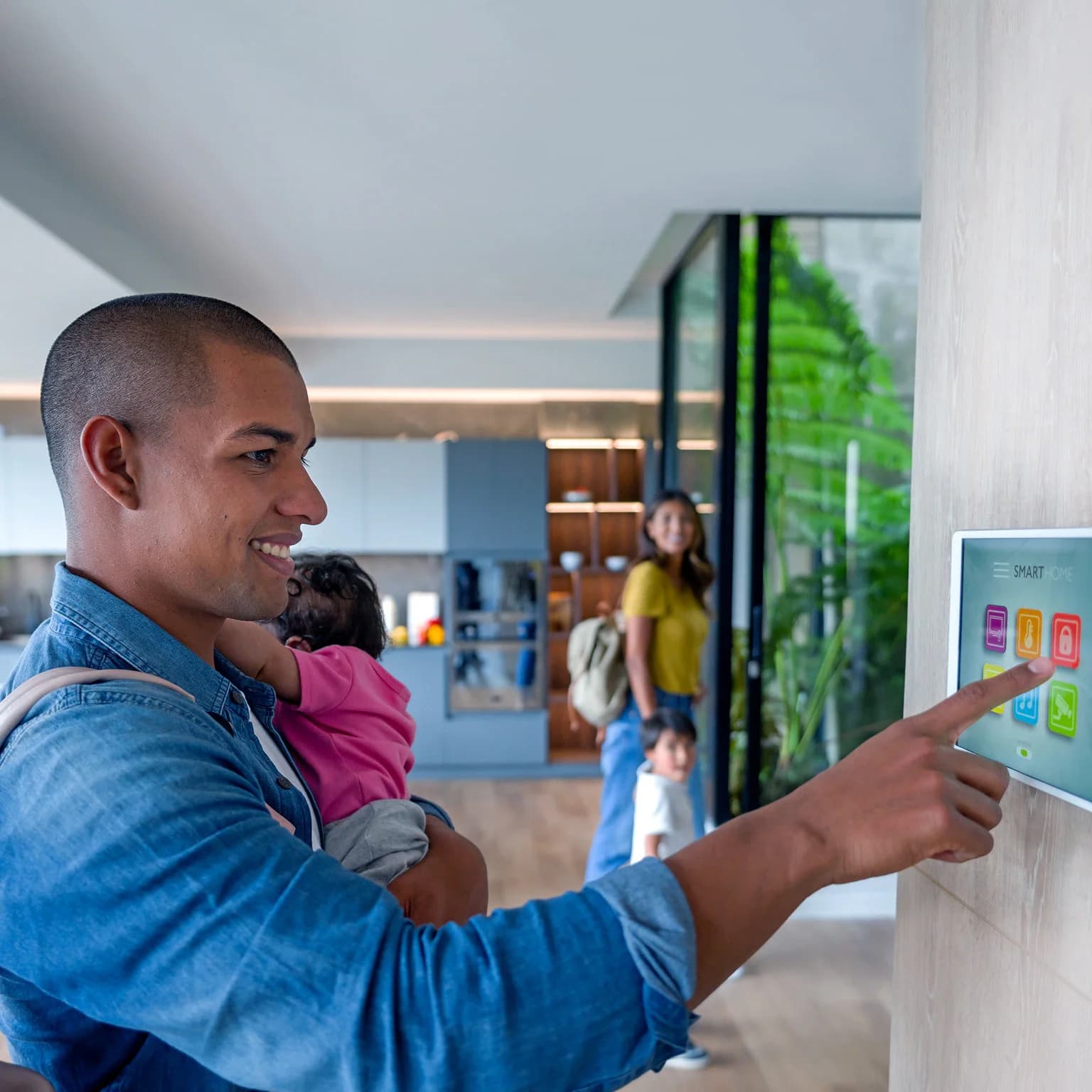AI-Generated Summary
Context and Overview
The article, published by McKinsey & Company, explores how the real estate sector can leverage technology to enhance customer experience (CX) and foster tenant loyalty. The authors, Alex Wolkomir, Michael Hales, and Vaibhav Gujral, emphasize that while customer experience is a key focus in consumer-facing industries, the real estate sector—beyond hospitality—has the opportunity to adopt similar strategies to build strong brands and enhance tenant retention.
Importance of Customer Experience
Customer experience and loyalty are pivotal for success in the real estate market. Large single-family residential (SFR) and multifamily residential (MFR) platforms can now create brands that effectively communicate quality and encourage tenants to stay. The article highlights that economic returns in real estate are increasingly tied to creating memorable experiences for tenants. Notably, real estate operators can enhance tenant experiences while also managing costs, an essential consideration given the high cost of living.
Technology Integration
Real estate companies are encouraged to invest in technology that personalizes tenant experiences. For example, the integration of generative AI and digital marketing platforms can significantly boost tenant engagement, leading to higher renewal rates and brand loyalty. Research indicates that there can be up to a 15 percent premium in economic returns between the highest and lowest performing firms in similar markets.
Key Characteristics of High-Performing Companies
Leading real estate firms share common traits, such as making technology investments that allow for personalization, adopting new operating models, and enhancing brand visibility. For instance, employing centralized teams for leasing and renewals can improve operational efficiency. Tenants perceive greater value in properties managed with these advanced techniques, which directly translates to increased revenue and net operating income (NOI).
Shifting Tenant Expectations
The landscape of consumer interaction is changing, particularly in a post-COVID-19 world where self-service options are preferred. The article discusses the importance of an omnichannel strategy that allows tenants to engage with brands across multiple platforms. As more individuals work from home, the demand for community-oriented living spaces has surged, with 55 percent of Americans valuing community activities significantly more than in previous years.
Eight Steps to Enhance Tenant Loyalty
To cultivate tenant loyalty, the article outlines an eight-step framework that includes determining the target brand audience, defining what makes a community meaningful, and identifying key moments in the tenant journey. Customizing experiences through smart technology and proactive management can enhance tenant satisfaction.
Data-Driven Decision Making
The article emphasizes the importance of data in understanding tenant habits, values, and behaviors. Companies need to invest in data collection tools to quantify the impact of their initiatives and adapt accordingly. By embracing technology and focusing on sustainability, real estate owners can meet evolving tenant expectations and create meaningful living environments. In conclusion, as the real estate industry faces changing consumer preferences, the integration of technology, customer-centric strategies, and a focus on community can significantly enhance tenant loyalty and economic performance.
